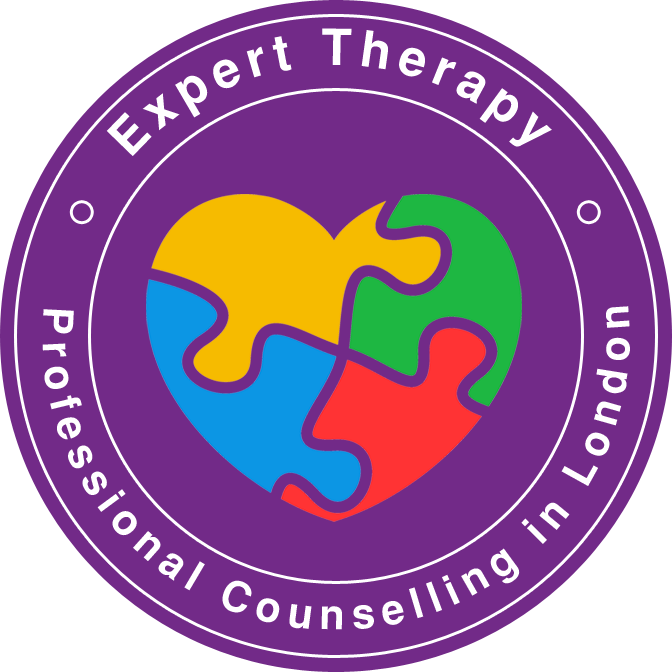Expert Therapy offers autism testing in London
- Are you having trouble understanding others and fitting in socially?
- When you prefer order and control, do you find the world chaotic and messy?
- Would you consider yourself to be on the spectrum if others suggested it?
Next, an autism assessment can be helpful.
Autism in adults: what is it?
ASD refers to a wide range of neurodiverse profiles that share the following core characteristics:
- Communication and interaction difficulties
- Behaviours and ways of thinking that are repetitive
- A tendency to focus too much on one subject and have limited interests
- Change resistance.
Symptoms of autism can include sensory difficulties (over- or under-sensitivity to light, colour, or noise) and problems controlling your emotions.
What is the difference between autism in adults and autism in children?
Not at all. Autism is a lifelong neurodevelopmental condition, which means it has been present since childhood. There are milder versions of it, as the word ‘spectrum’ implies. Children who show signs of autism may be mistaken for simply being ‘unique’ or ‘special’. The demands of adulthood then make symptoms more apparent.
Adults with Asperger’s syndrome
There are a number of milder forms of high functioning autism, including Asperger’s syndrome. Despite typical issues with socializing and a need for sameness, those with Aspergers have strong intellects and verbal skills that allow them to cope better.
It may help to understand that Aspergers is now diagnosed as a part of autism spectrum disorder if you’re looking for an Aspergers test. If it feels more comfortable for you, you can still refer to yourself as having Aspergers.
Women with autism
In women, symptoms manifest differently later in life, making it more difficult to diagnose. It has been found that girls and women are better at hiding their frustrations and managing social situations, so their struggles are more likely to be overlooked.
What is the diagnosis of autism spectrum disorder?
As an autism assessment is not a medical test, you don’t have to worry about blood or health tests. Your autism specialist will observe how you interact and socialize, and ask about your childhood development and mental health struggles.
In most cases, they will use one or more diagnostic tools, such as questionnaires that examine the way you think and behave. Expert Therapy uses DISCO, ADOS, and ADI-R testing.
Diagnostic manuals will then compare your results to their guidelines. UK practitioners will know the recommendations of the DSM-5, popular in the US. The National Institute of Health and Care Excellence (NICE) guidelines are used instead, along with the ICD-10.
Adults who undergo autism testing benefit from it
You can benefit from an autism expert assessment in the following ways:
- Get to the bottom of what you’ve been struggling with
- If you seem different to others, explain why
- A learning disability or anxiety disorder may be overridden if it was previously misdiagnosed
- Help yourself cope with the right treatment plan
- You may be eligible for certain benefits and assistance.
Post-diagnosis autism therapy and support
ASD cannot be cured, but a variety of interventions have been shown to improve quality of life and manage symptoms. Social, communication, cognitive, and academic skills are typically addressed in these programs. As well as social learning programs and daily skills programs, there are also support groups and networks that can assist.
It is recommended to seek counselling when ASD is associated with another mental health issue, such as depression or anxiety. In particular, cognitive-behavioural therapy (CBT) is often recommended.
Family members or partners of people with autism spectrum disorders should not overlook the importance of supporting themselves.
Expert Therapy offers private autism assessments in London
As well as diagnostic assessments and ASD diagnoses, our autism specialists in London offer post-diagnostic support sessions and relationship counselling. Over the course of her long career, she has worked with people with autism and attention deficit hyperactivity disorder (ADHD/ADD), as well as with people with longstanding emotional and psychological difficulties and acute stress. Her expertise and interest are in the special challenges faced by women with neurodiverse conditions.
A roster of talk therapists works with autistic clients, helping them cope better and improve their relating skills.
Get in touch if you need support or to discuss your concerns? Whether you are seeking autism support in London, or on a worldwide basis through online counselling, we can make a confidential diagnosis in London for you.

